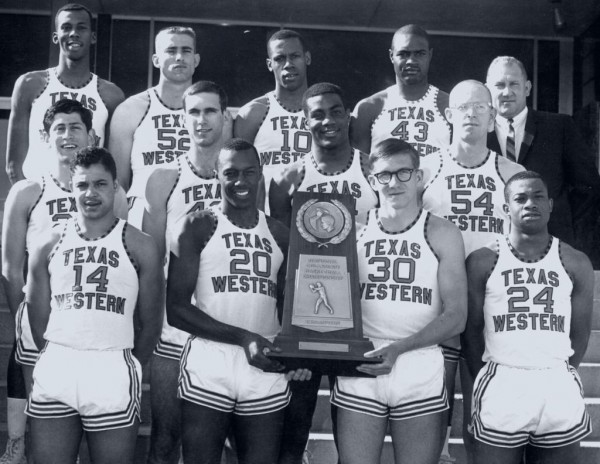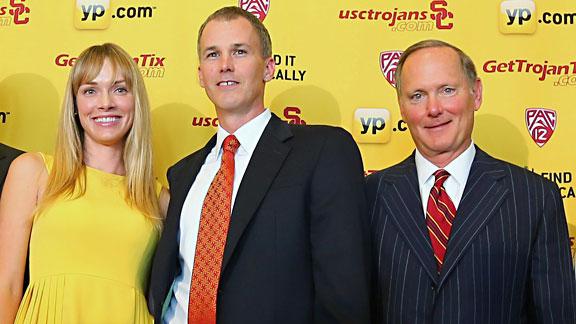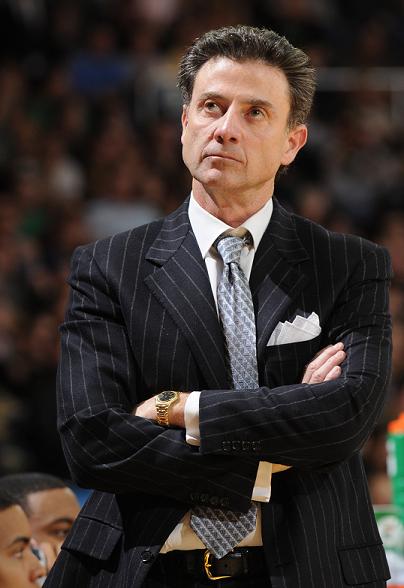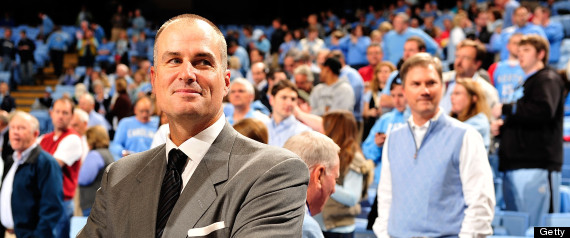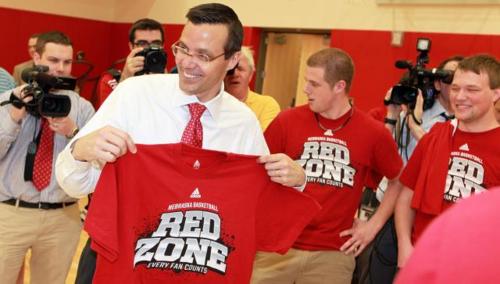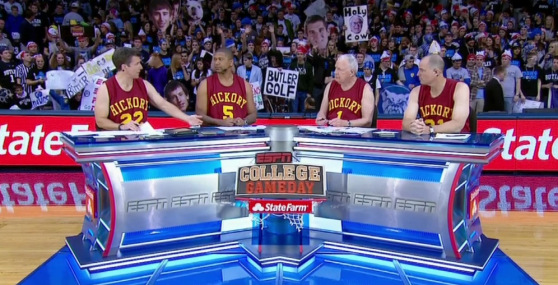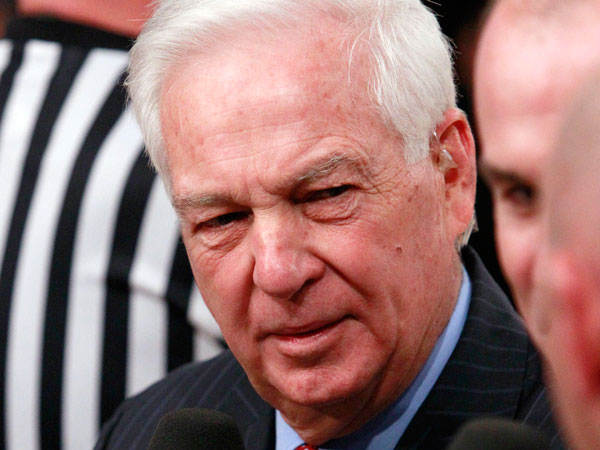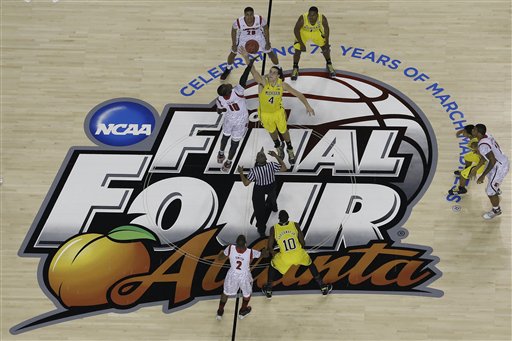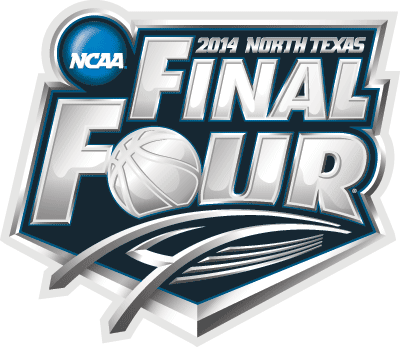Adding Two More Final Four Telecasts is An Interesting Move
Posted by Chris Johnson on November 19th, 2013Watch or listen to enough of your favorite team’s games, and it’s easy to get attached to a particular announcer, play-by-play man, or both. For better or worse, fans get comfortable hearing the same voice every time they turn on their radio or television to watch their teams play. Sometimes fans discuss what they like or don’t like about their team’s radio or television broadcasts. Being a fan of a team is – whether you like it or not – being a fan of the radio and television announcers that call that team’s games as well. You may not like what they have to say all the time, but those guys are people you sort of just learn to deal with – lest you begin pressing the mute button on your TV remote anytime you watch your team play, or neglecting games in favor of listening to music on long car rides.
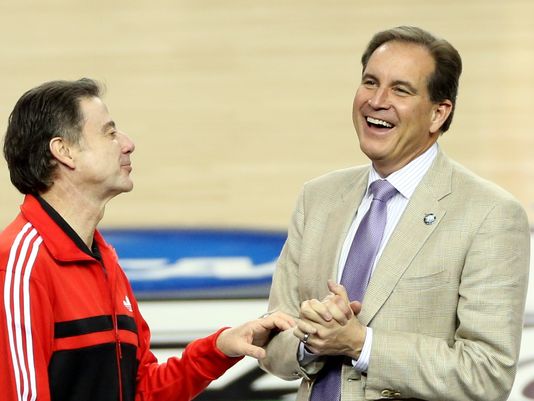
Adding two separate telecasts, tailored specifically to each team, to the national product seems like a good idea (USA Today).
A lot of people actually enjoy their favorite team’s radio and TV broadcasters. I happen to find Gary Cohen, Ron Darling and Keith Hernandez entertaining and informative (As for the team they cover… that’s a different story). That’s the idea that CBS and Turner Sports had in mind, one would think, when they decided they would air three different telecasts for the two 2014 Final Four games. There will be a standard broadcast airing on TBS that will likely feature CBS’ top announcing crew of Steve Kerr, Greg Anthony, Jim Nantz and Tracy Wolfson. The other two broadcasts will use announcers and “camera angles” to accommodate the fan bases of the competing teams (The national championship game will still be carried solely on CBS). Who will be selected to call the TNT and TruTV telecasts is yet to be determined, according to a report from Sports Business Journal, but it should also be noted that Turner and CBS expect to air one set of advertisements at the same time across the three productions.





























